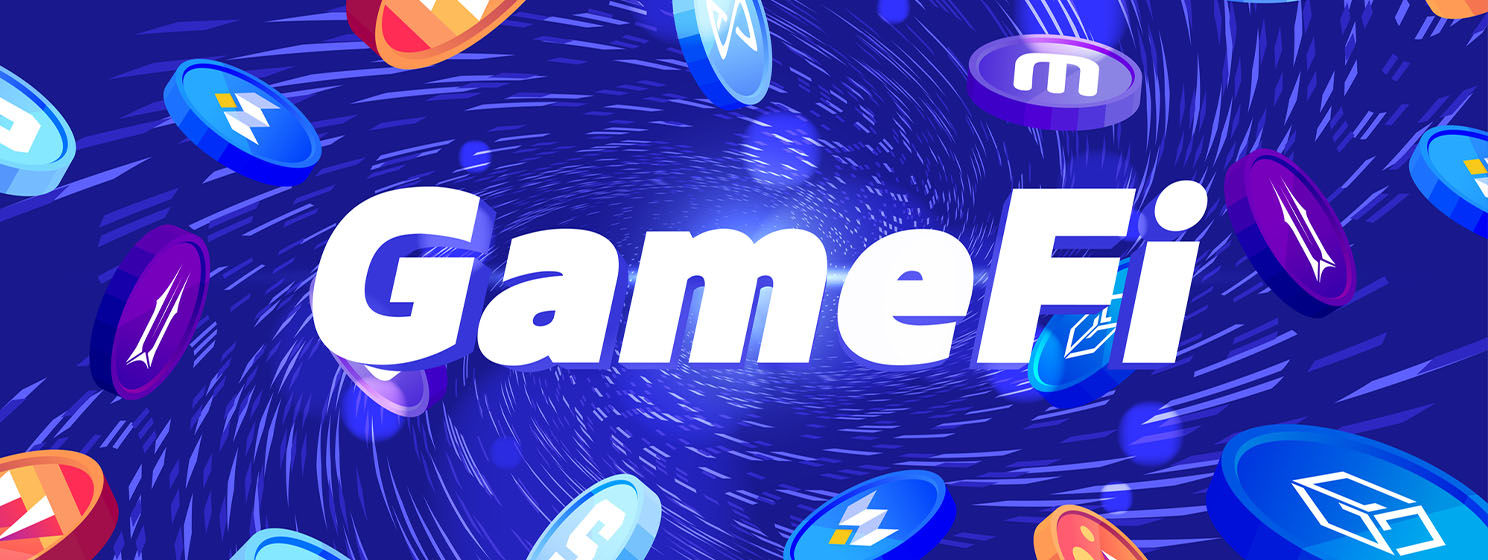|
Getting your Trinity Audio player ready...
|
GameFi was a massive trend in 2022 as games like Axie Infinity, Decentraland, and The Sandbox rose to prominence.
However, a year-end report by ChainPlay showed that 93% of these games are now dead, each having an average four-month lifespan. The study analyzed 3,279 games and considered a game officially dead if associated tokens had declined by 90% in value and had fewer than 100 daily active users.
However, one of GameFi’s most prominent investors, Yat Siu of Animoca Brands, believes 2025 will be a big year for the sector.
What’s holding GameFi back?
Siu has made over 540 investments in the GameFi space, so he knows a thing or two about it. In a recent interview with VentureBeat, he said overcoming skepticism in the West was one of the key things GameFi needs to do to succeed.
So far, GameFi and Play-to-Earn (P2E) games have been more successful in Asia and Africa than elsewhere. Southeast Asian countries like the Philippines, Indonesia, and Vietnam rank alongside African nations like Nigeria and South Africa regarding P2E game users. An entrenched gaming culture, greater relative economic incentives, and user accessibility all play a role in that greater uptake.
Siu says Westerners tend to be more skeptical about these new gaming models. Many perceive them as scams or ripoffs. Of course, the perception of the larger “crypto” ecosystem with its many frauds and scams doesn’t help.
In addition, skeptical attitudes in large, more affluent markets, better game quality and open protocols that allow people to build on top of them matter. Siu pointed to the TON blockchain, which is linked to a large Telegram user base, and how it lets developers build in a permissionless way. He called that “important,” noting how previous open platforms like those offered by Facebook (NASDAQ: META) would often change the rules and ruin business models.
The importance of scalable, stable public blockchains for all apps
Siu’s interview with VentureBeat highlighted how a) the industry needs to clean its act up to win the trust of potential players and b) scalable, stable protocols developers can build on for the long term are crucial.
It’s a message we have been promoting at CoinGeek for years. The endless tweaks to the BTC and Ethereum blockchains have killed waves of promising applications, causing developers to search for greener pastures elsewhere. Bridges, layer-twos, and sidechains don’t help either; aside from the security vulnerabilities they introduce, they complicate the user experience and lead to the short game lifespans noted in the ChainPlay survey.
Scalable, low-fee, permissionless blockchains aren’t just important for games either. Every blockchain application, from cybersecurity tools like Sentinel Node to supply chain efficiency tools like UNISOT, requires the same. Predictability, reliability, low fees, and the ability to build on the protocol and interact with other apps without permission are the keys to realizing the benefits of blockchain apps, whether they be games or something else.
Why 2025 could be a big revival year for GameFi
With one of the biggest GameFi VCs touting 2025 as a turnaround year, it seems appropriate to consider the factors at play in making that a possibility.
First, massively scalable blockchains like BSV are now a reality. With Teranode going live in early 2025, a public, permissionless blockchain capable of one million transactions per second with fees of $0.000001 is finally a reality. The subpar user experiences that have dominated GameFi so far can become a thing of the past as advanced utility blockchains with no need for complex bridges and sidechains begin to dominate.
Additionally, the USA has a pro-blockchain President and administration bound for the Whitehouse on January 20. While it’s doubtful that President-elect Donald Trump has a specific interest in blockchain games, a friendly tone and an openness to innovation won’t do GameFi any harm. If nothing else, the new U.S. administration increases the likelihood of another speculative bull run, which should reignite interest in blockchain technology.
Finally, the industry has matured significantly in the past few years. While crypto-ridiculousness like memcoins remains, the broader focus has shifted to utility and building apps that serve users. As we saw at the London Blockchain Conference in 2024, serious heavyweights are now in the game, and the goal is to utilize blockchain to revolutionize industries. Even Larry Fink gets it!
2025 could well be the year GameFi makes a comeback and delivers something special, but more importantly, it could be the year the world learns about blockchain’s incredible potential to transform everything!
Watch: Unlocking the potential of blockchain gaming

 02-27-2026
02-27-2026 




